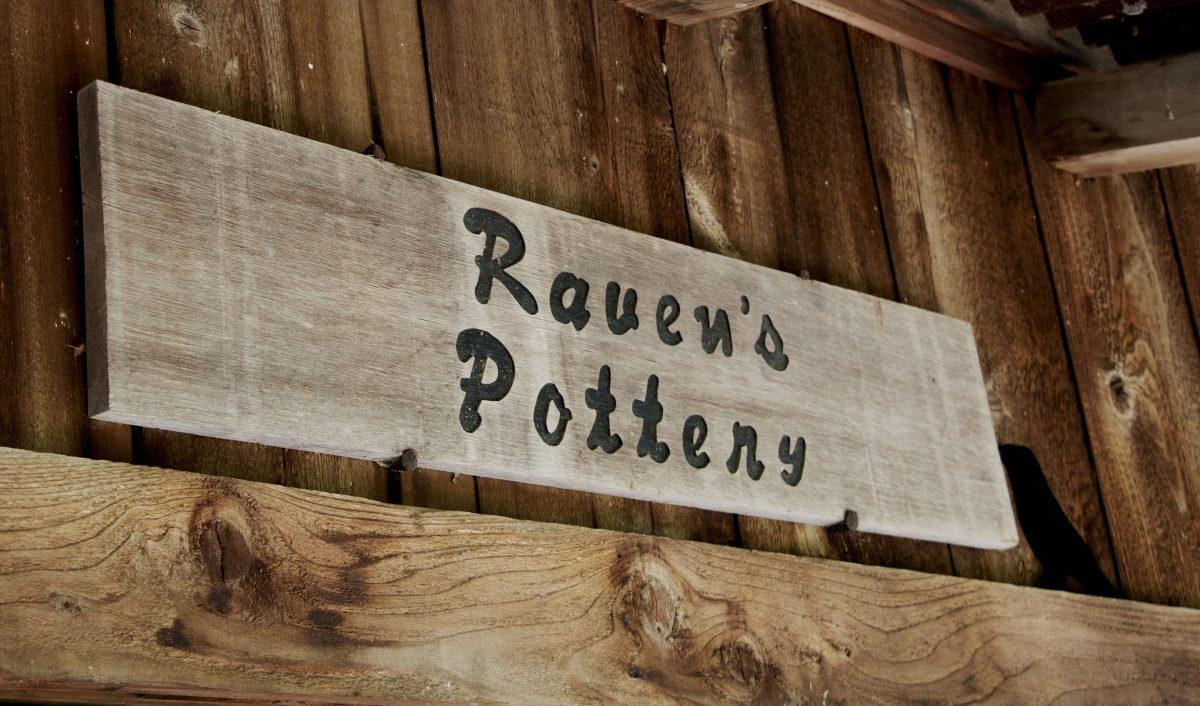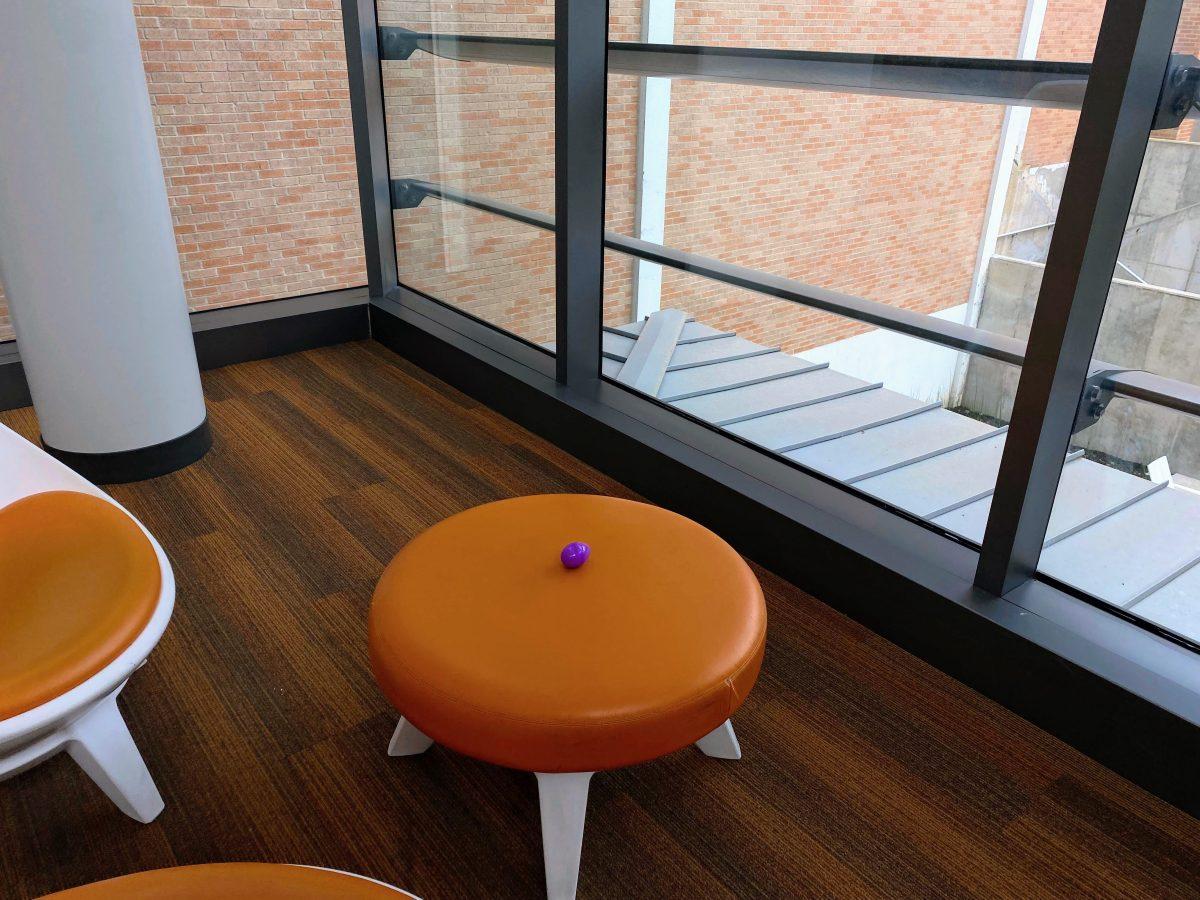This past week, the Africa World Documentary Film Festival took place in the Lowman Student Center and Dan Rather Communications Building. This tradition has been at Sam Houston State University since 2016 and is made possible by a Dan Rather Endowment; the audience was comprised of students with various backgrounds.
The screenings began promptly, with several words from Nili Dotan (the director of “Desert Wounds”), ‘Niyi Coker, Jr. (director of the Africa World Documentary Film Festival) and Jean-Richard Bodon, Ph.D. (Dan Rather Endowed Professor and Chair of the Mass Communication Department).
The films, “Desert Wounds” and “When Paul Came Over the Sea,” provided the audience with several different perspectives. The first perspective is a mother who exchanged her life for her family’s. The mother’s sacrifices demonstrate the will of a mother to provide her kids a fighting chance. The second perspective is shown through the eyes of a woman who escaped the violence of war. The third is of a man who believes a wealth of experiences awaits him outside of Cameroon.
The films demonstrate the various reasons of emigration of Africans. Despite their different reasons, they all have one thing in common: a dream of becoming contributing citizens to a place of freedom. Dotan of “Desert Wounds” stated that her film’s goal was to bring awareness to ignored voices. A common issue echoed throughout the world—the ignored voices of women. The abuse faced by women, especially the asylum-seeking women, is left to the imagination due to the lack of coverage. The hauntingly beautiful documentaries provided the audience a surreal experience. Dotan introduced her film, briefly stating, “[I] can’t say to enjoy the film, but open your hearts to it.”
Dotan explained that her inspirations for the films stemmed from her awareness of the refugees’ abuse. She felt this is something people should know. Dotan researched the lives of the refugees and began her project.
“Somehow they opened their hearts,” Dotan said. “I was very lucky they did it because it is very hard to find women that will be ready to talk about [it].”
Dotan began to speak from the perspective of a film director. It was a difficult project and she did not receive funding for several years. Despite wanting to end her project, event after event would occur.
“Every time I tell myself I am going to stop, I can’t,” Dotan said. “Things were happening.”
Jakob Preuss, director of “When Paul Comes Over the Sea”, similarly questions his own limits. Despite the obstacles, Dotan remarks that “if all the people who see the film have a change of heart or way of thinking, it was worth making the film.”
Jean-Richard Bodon, Ph.D., has also participated in educating the people of the world about the struggles refugees face. Bodon says that “refugees have the same needs as we do, that is to have a place of refuge where they can recreate their homes and lives.”
Bodon explains the role people like himself and Dotan play in topic of refugees. “As documentarians, it is our responsibility to inform rather than labeling. To label ‘them’ as terrorists, rapists, uneducated, etc. is simply false and for sure inhuman.”
The film festival’s goal for SHSU was not only to bring awareness to the struggles of refugees, but to encourage filmmakers. Dotan notes it is not an easy path, but nonetheless, a rewarding one.












